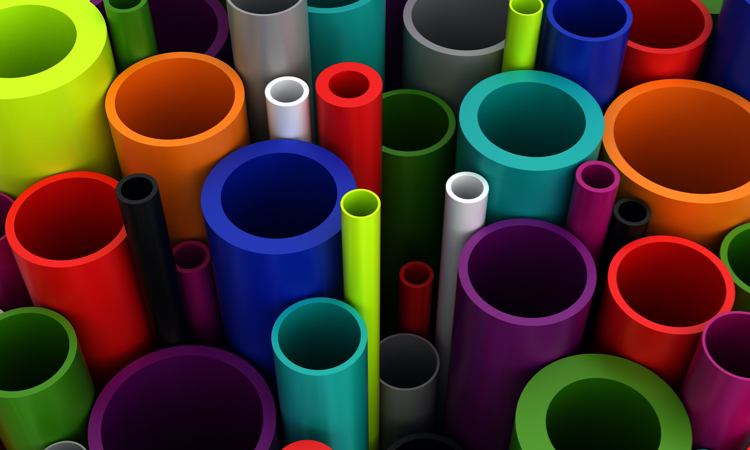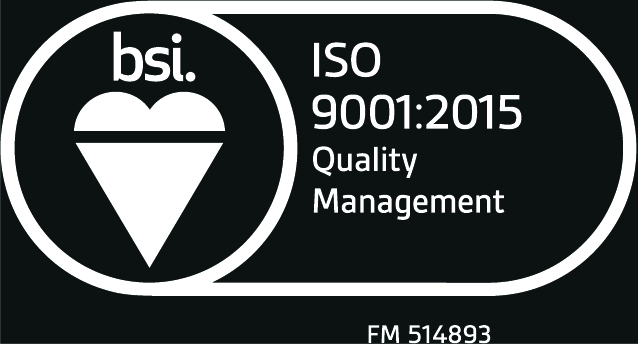
The Role of Plastic Extrusion in Vehicle Manufacturing
In the automotive industry, manufacturers face increasing pressure to produce vehicles that are lighter, more fuel-efficient, and more sustainable without compromising safety or performance. One technology that has become essential in achieving these goals is plastic extrusion. By enabling the creation of custom, high-performance plastic components, extrusion plays a critical role in modern vehicle manufacturing.
Plastic extrusion is a manufacturing process in which raw plastic materials, typically thermoplastics such as PVC, polypropylene, or ABS, are heated, melted, and forced through a shaped die to create continuous profiles with a specific cross-section. These extruded components can be used in a wide range of applications within vehicles, from interior trims and seals to structural supports and protective housings. Let’s look at specifics.
Lightweighting for Fuel Efficiency
One of the most significant benefits of plastic extrusion in vehicle manufacturing is its contribution to lightweighting. Lighter vehicles consume less fuel and produce lower emissions, helping automakers meet increasingly strict environmental regulations.
Extruded plastic profiles can replace heavier metal parts without sacrificing strength or durability. For example, plastic extrusions are commonly used for door trims, bumper reinforcements, and cable conduits, reducing overall vehicle weight while maintaining performance standards.
Design Flexibility and Complex Geometries
Plastic extrusion allows for the creation of complex profiles that would be difficult or impossible to achieve with traditional manufacturing methods. This flexibility enables engineers to design intricate components such as air ducts, gaskets, and weather seals that fit precisely within tight spaces.
The ability to customize profiles also allows for the integration of multiple functions into a single part, reducing assembly time and minimizing the number of separate components.
Durability and Performance
Automotive components must endure extreme temperatures, vibration, and exposure to chemicals and UV radiation. Extruded plastics can be formulated with specific additives to enhance strength, flexibility, heat resistance, or chemical resistance, depending on the application.
For example, extruded plastic window seals must remain flexible in freezing temperatures while providing a tight barrier against water and air infiltration, and extruded cable conduits must protect wiring from abrasion and heat over the life of the vehicle.
Cost-Effectiveness and High-Volume Production
Plastic extrusion is highly efficient for large-scale production. Once the extrusion die is designed, the process allows for continuous production of consistent, high-quality components. This scalability is ideal for automotive manufacturing, where thousands of identical parts are required for assembly lines. Additionally, extruded plastics typically require less secondary processing than metal components, further reducing production costs.
Sustainability Advantages
Plastic extrusions also support sustainability initiatives in the automotive sector. Many extruded plastics are recyclable, and some can incorporate recycled content without compromising performance. By replacing heavier metals with recyclable plastics, manufacturers can reduce both the carbon footprint and energy consumption of vehicle production.
Custom Extrusion with Inplex
Looking for quality custom extrusion products and services? Inplex is one of the leading custom extrusion services in the US and has almost 60 years of experience. We pride ourselves on our ability to put the right talent and technology in place to perform the best possible job for our clients.
We own a 42,000 sq. ft. facility in Naperville, Illinois, that is temperature-controlled and features an environmentally friendly closed-loop water cooling system. If you have specific needs or questions, don’t hesitate to contact us!
Back to Blog



